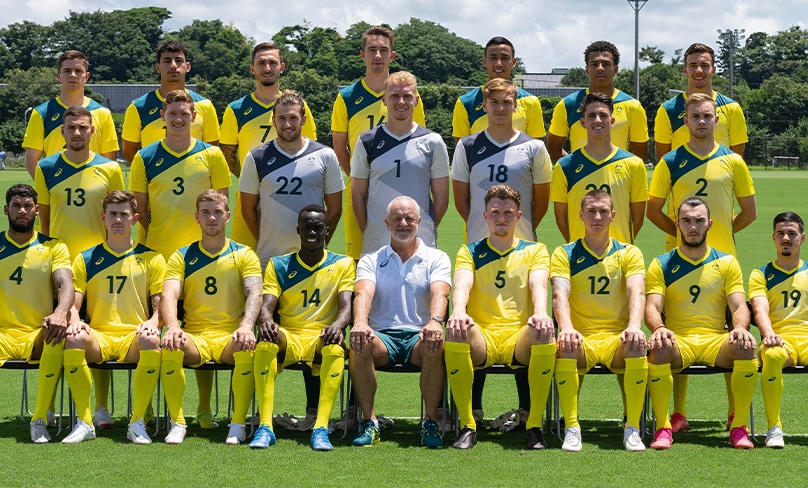
These Olympics yield important lessons for the young
Owing to COVID-19 restrictions, the Games of the XXXII Olympiad are like no other. Public spectators have been barred and athletes pursue dreams in near-empty stadiums, left in isolation to compete against rivals and themselves.
That said, the purpose and spirit of the games has not been diminished, and the age-old adage of Citius, Altius, Fortius still rings true.
For much of its history, Australia has been shackled with the reputation of the ‘tall poppy syndrome’…
The Olympics continue to represent ideals of human nature and the human spirit. They promote a genuine sense of shared humanity, with fellowship and camaraderie between different peoples and cultures, a commitment to self-improvement and the pursuit of excellence.
As people would well remember from Sydney 2000, the Olympics foster a unique spirit, characterised by a strong sense of fraternity and ‘oneness’ with others. They represent a departure from the mundane and the ordinariness of the everyday.
In so many respects, the Olympics are counter-cultural. An examination of Australian life, and that of other parts of the Western World, suggests that some of the Olympic ideals are dying, if not already dead.
Unlike the Olympics, where athletic achievement is progressively ‘faster, higher, stronger’, with new records set at each Games, the measurable standards of some sectors and industries are in decline.
As a teacher, I have long been concerned with approaches to education, student attitudes and achievement. For several decades, the educational sector has undergone cycles of review and reform.
Despite this, and the unprecedented financial investment of successive Australian governments, our nation’s place in international rankings of student achievement continues to drop. We must seek solutions to halt this trajectory of decline and raise the bar of our own educational standards. This of course, requires a change in our philosophical approach to learning and it involves the conscious and focused pursuit of excellence.
Excellence is not a dirty word, nor is competition.
For much of its history, Australia has been shackled with the reputation of the ‘tall poppy syndrome’, the phenomenon in which people’s successes and achievements are cynically derided by others. It rests on the belief that personal excellence leads to arrogance, and therefore should be avoided. It is a warped and misguided view of equality.
This cultural trait can be very damaging, and in the past has cost Australia some of its best and brightest minds. The recent Wimbledon championships, with the successes of our very own Ash Barty and Dylan Alcott, highlight that those who achieve excellence often embody humility and model the value of perseverance and hard work.
Despite worthy examples to the contrary, there remains a general suspicion of many ‘tall poppies’ and a resentment of their achievements. This is particularly sad as it often deters people, especially the young, from giving their best and pursuing their dreams.
How the ‘tall poppy syndrome’ took hold, I don’t know – for it goes against so many of our natural inclinations. Generally, we do rejoice in the achievements of others, especially if they are unanticipated or the result of dedication and hard work. And often, their successes inspire us in our own efforts.
We must guard against the idea that competition is a bad thing. If properly embraced, it is not. Rather, it teaches us many life-long values. Importantly, it teaches us that winning isn’t everything and that we don’t always win. It also teaches us how to be a good and gracious winner.
Some in our society abhor the idea of competition, believing that it can be destructive to people’s self-esteem. But that need not, nor should not, be the case. Leaving the centre court at Wimbledon as women’s champion, Ash Barty would have read the inscription of Rudyard Kipling, ‘if you can meet with Triumph and Disaster and treat those two imposters just the same’.
Kipling’s verse is refreshing and insightful, making abundantly clear the nature and value of competition. The pursuit of excellence is decried by some as elitism, and for others it evokes a fear of failure. We should not be paralysed by prejudices or fears, however.
Like all Olympiads, the Tokyo games highlights both the appeal and value of Citius, Altius, Fortius. Through their example, the athletes remind us that the pursuit of excellence ultimately involves the giving of one’s best.
Anthony Cleary is the Director of Mission and Identity for Sydney Catholic Schools
